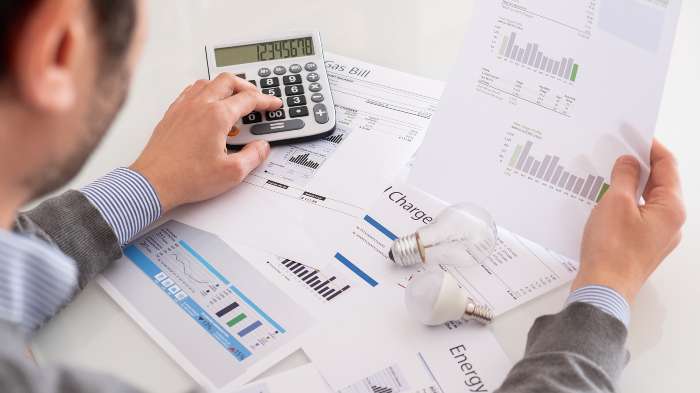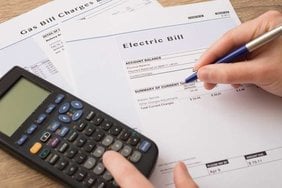How does business energy comparison work?
We’ve partnered with Bionic, the business energy experts, to find our best commercial gas and electric deals for your business. Compare business energy and find deals in just three simple steps:
- Enter your business postcode and we’ll use smart data to get the information we need and cut down on unnecessary form-filling.
- Compare quotes from our hand-picked panel of trusted business energy providers. One quick call with our energy experts is all it takes to run you through the options.
- Switch to the deal you like best. Simply tell us which quote you prefer, and we’ll handle the rest of the switch for you. We’ll even take care of renewals.
It’s important to consider that the best-priced deal might not be the best fit for your business. Business energy contracts don’t offer a cooling-off period. So as soon as you sign up, you’re tied in for the term of the deal.
To help us return the most accurate quotes, you’ll need the following information:
- The name of your current energy supplier(s)
- The name of your tariff, and its end date
- Your supply type
- How much gas and electricity your business uses, in kilowatt hour (kWh) or pounds.
- The MRPN and MPAN numbers from each of your meters
But don't worry if you don't have everything. We'll still be able to help you get a quote.
Our business energy experts can help you find the right deal with the right supplier, so you can feel confident you’ve chosen the right tariff. You can also call 0800 158 5296, or get an energy quote and we’ll give you a call back.
How is my business energy calculated?
Business energy contracts are calculated to meet the exact needs of each individual business, which means unlike residential deals, they can be more complicated to calculate.
There are a number of factors that go into making up your commercial energy bill. But there are two main costs you need to consider:
- Unit cost – the amount you pay for each unit of gas or electricity you use. This usually accounts for the biggest price difference between tariffs. The lower your unit price, the less you pay for your energy (depending upon your consumption rate). Signing up to a fixed rate deal will help your business avoid any price increases during the term of your contract.
-
Standing charge – a fixed cost, charged by the day, to cover the cost of infrastructure repair and maintenance.
Business energy rates are constantly changing. Those changes can be because of a rise in wholesale costs, an increase in energy transportation costs, or even a simple surge in demand.
It’s worth noting there are also a number of other costs and government charges, such as VAT and the Climate Change Levy, that also add to your business energy costs, but these are usually not dealt with by your supplier so won’t be affected by switching suppliers.
How long does it take to switch suppliers?
Running a quote to find the best deals takes a matter of minutes. But your switch won’t be completed until your current deal has ended. So the switch can take anything from a couple of weeks to a matter of months, depending on the length of your switching window.
Your switching window is a timeframe set aside towards the end of your current deal. It gives you time to compare prices and arrange a new deal when your current one ends.
It often makes sense to compare deals and switch as soon as your window opens, to make sure your switch is in place before your current deal ends. If you don’t arrange a new deal, your supplier will simply roll you over onto more expensive rates.
Switching early can also mean you lock in lower rates if prices go up between your switching window opening and your current deal ending. And signing up to a longer-term deal can mean you benefit from cheaper bills for longer. That's because your rates are fixed for a greater length of time, meaning they could be protected from a number of price hikes.


